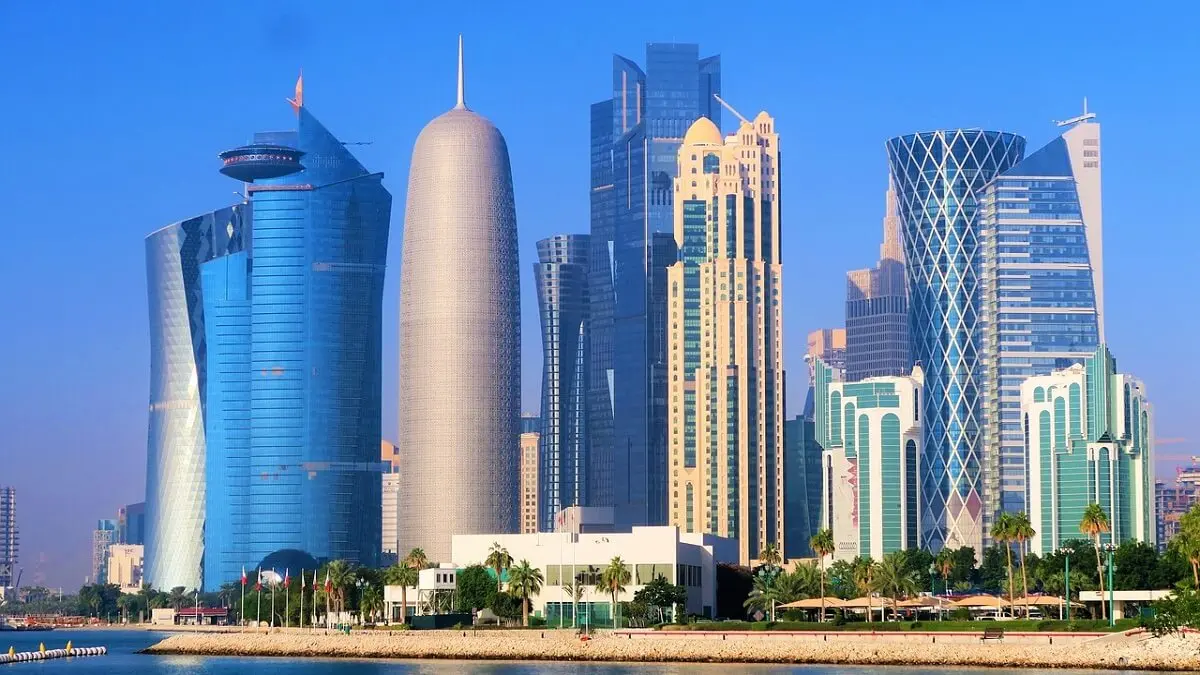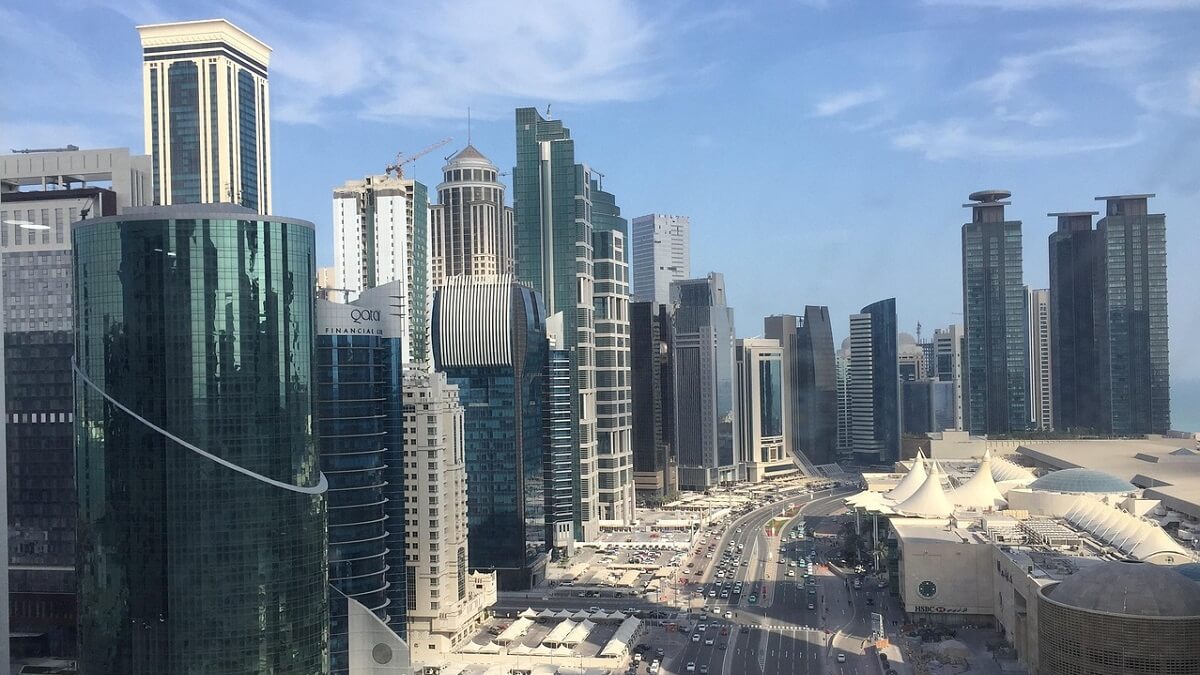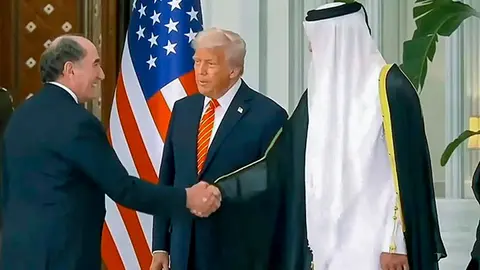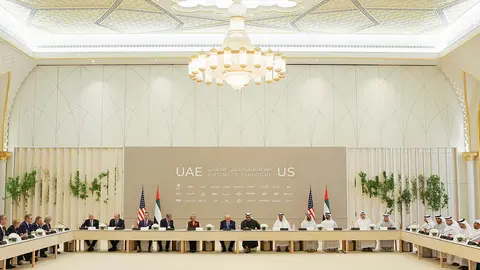Qatar steps up its regional financial strategy

Doha has launched an ambitious reform and incentive plan aimed at creating a favourable environment to attract foreign investment, modernise its financial services and compete for financial leadership in the Middle East.
Some aspects of this plan include granting subsidies to certain financial companies according to their needs to relocate to the capital, Doha. Companies have also been offered to have their staff salaries paid if they expand their operations in the Qatari capital.
Specifically, the Qatari government will use its investment arm, the Sovereign Wealth Fund, with assets worth 524 billion dollars, to promote its strategy. In this way, private equity and infrastructure funds will be supported to establish themselves in the country.
The CEO of Invest in Qatar, Sheikh Ali Alwaleed Al-Thani, who acts as director of investment for companies and entrepreneurs in the nation, has emphasised that Qatar's approach is focused on presenting itself internationally as a competitive and strategic advantage. The company has launched incentives targeting key sectors, such as those related to asset and wealth management, insurance and financial technology. This programme, the ‘Lusail Financial Services Package’, is just one part of a comprehensive billion-dollar plan that will enable Doha to cover up to 40% of the costs of its local business investments over five years. It also establishes companies in Lusail, home to Qatar's main financial and commercial district, and aims to include technology, logistics and advanced manufacturing companies in the equation.

Compared to the current international financial and investment centres of Dubai, Abu Dhabi and Riyadh, Qatar is recognised for acting as a mediator in geopolitical conflicts and for its gas revenues. However, Doha lags behind these countries in providing easy access to long-term residences and an attractive lifestyle.
Despite this, efforts are promising, with emerging markets company Ashmore Group declaring its intention to open a headquarters in Qatar. This decision follows the announcement by global asset manager BlackRock Group. Other companies such as Utopia Capital Management and B Capital have also announced plans to open regional headquarters in Doha.
One favourable factor contributing to these benefits is that, unlike Saudi Arabia, which requires a regional headquarters licence to enter into government contracts, Qatar has a welcoming approach that creates a supportive and innovative environment for companies and seeks to establish a real presence in the country.
Discussions with investors are expanding into sectors that align with the business structure that is set to propel Qatar forward in the Gulf region. This is also linked to the Qatar Economic Forum held this week, which brought together high-profile investors such as the Qatar Investment Authority, Brookfield and Blackstone. The meeting discussed the requirements that drive these players to invest, in order to understand what the government can do to secure these deals. It was an event that showed enthusiasm for Qatar's future.
The Gulf country's investment of 300 million dollars when it hosted the FIFA World Cup in 2022 and its LNG production have raised expectations for the Qatari economy and innovation, precisely because it has maintained a strong pace of development after the World Cup, despite its inactivity in the face of the outbreak of war between Russia and Ukraine. The organisation of this event has helped to draw the world's attention to the Middle Eastern country. With the government's commitment to conferences and exhibitions, this attention is expected to increase.
Reforms are laying the foundations for Qatar to become a competitive and dynamic financial centre. However, challenges remain as it competes with its neighbours already established on the financial scene.










